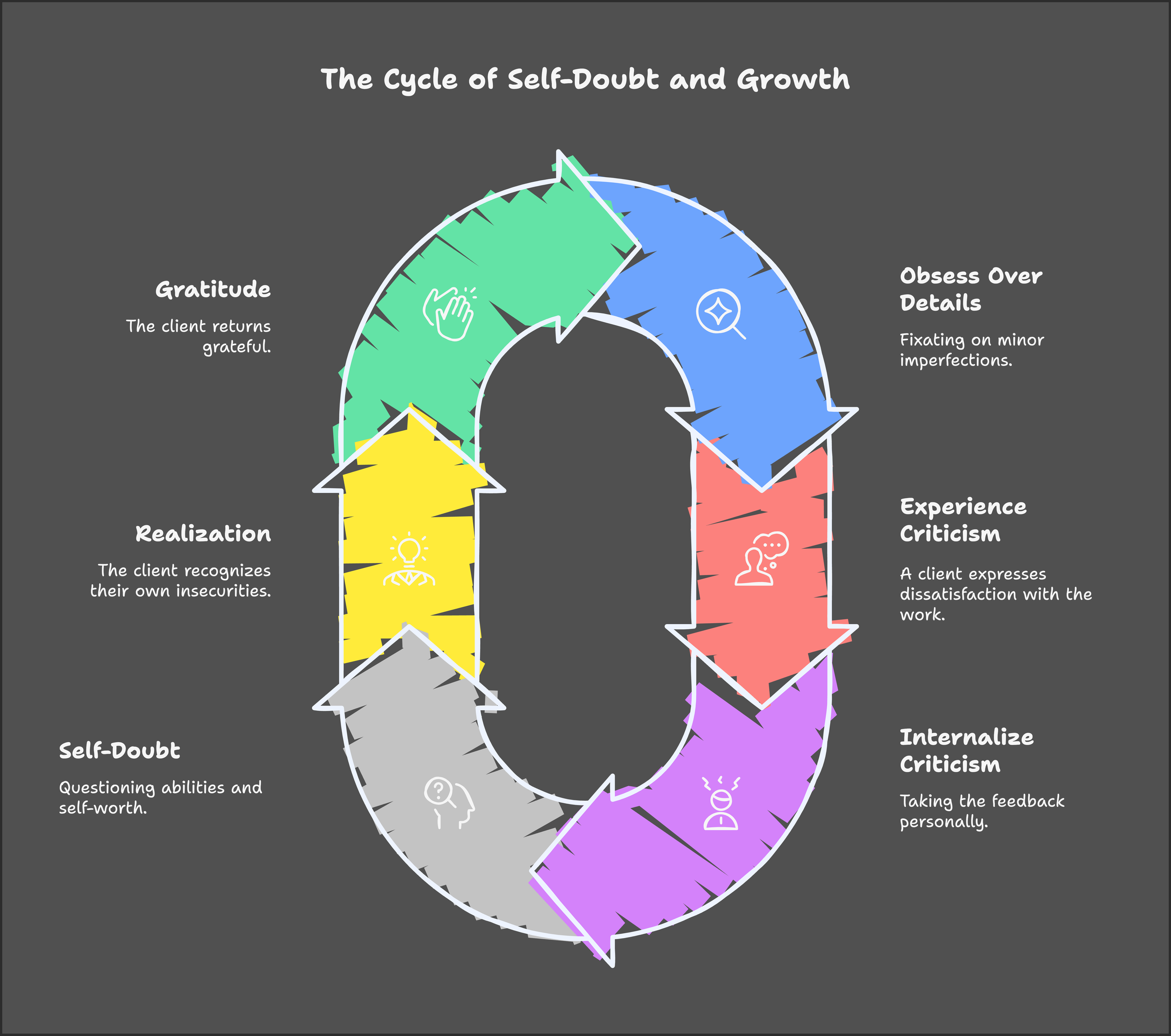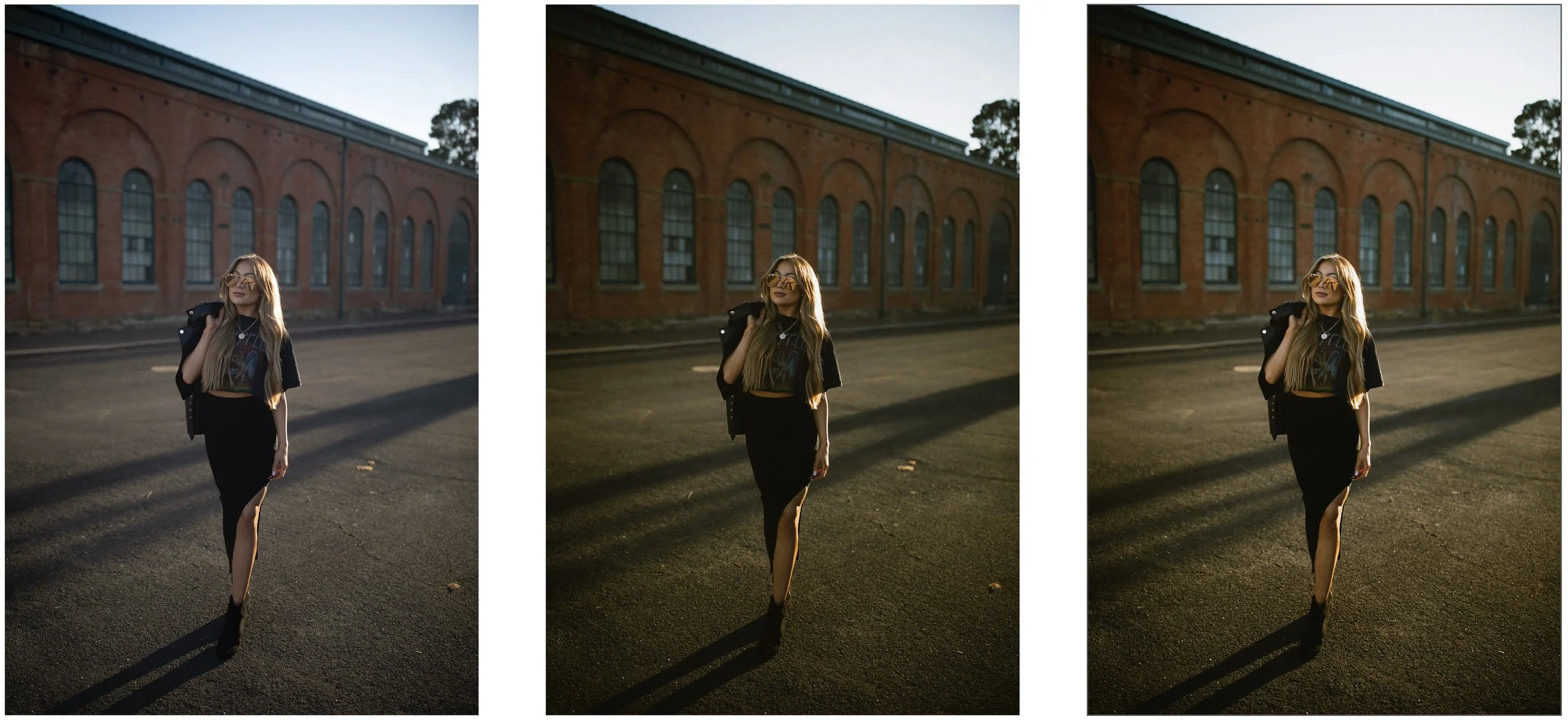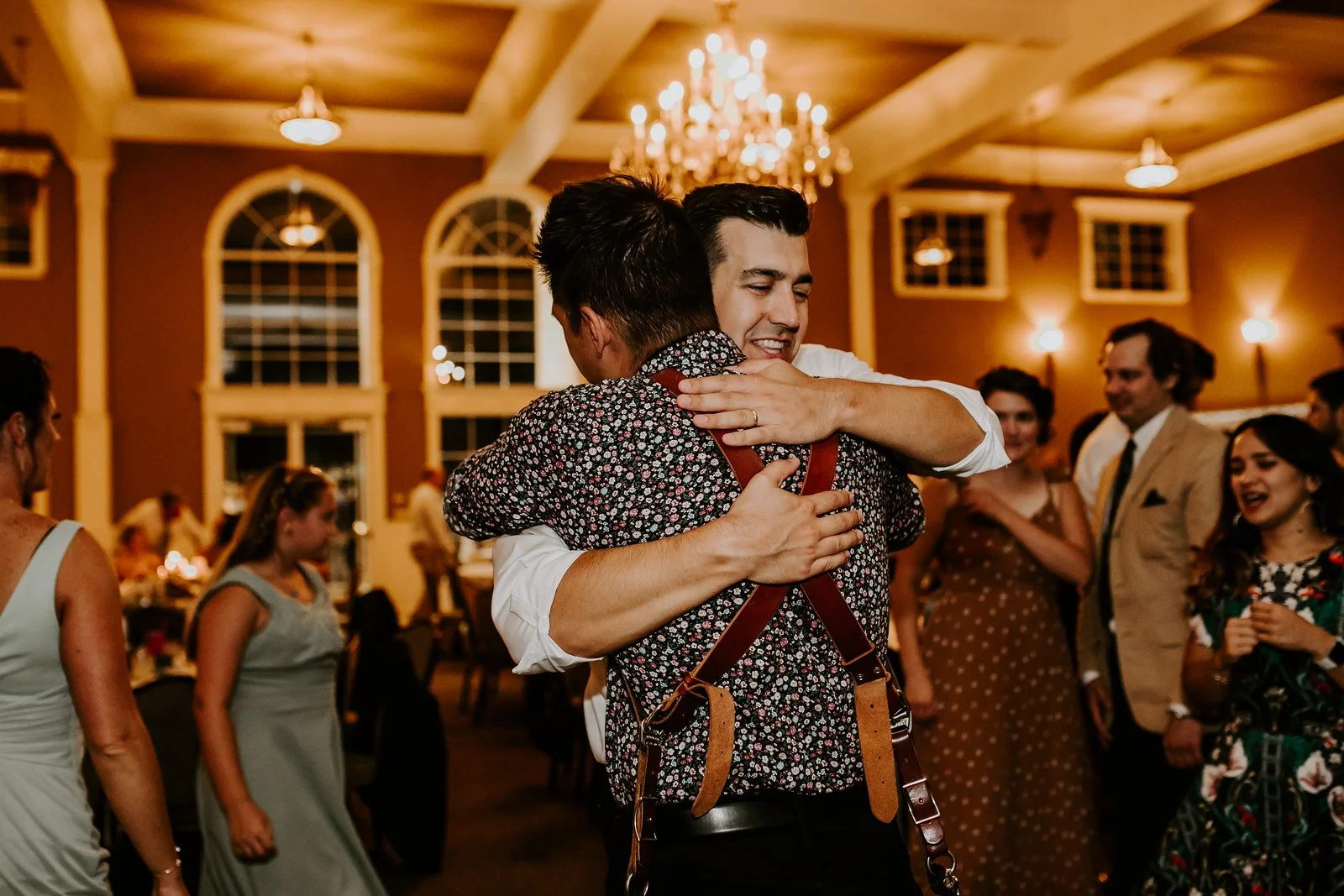Stop Sabotaging Your Own Photography Business
Ever found yourself spiraling because a client used an awful filter on your photos—and you assumed they did it to undermine your artistry?
Or you took a critique as a personal attack and responded with a defensive explanation instead of empathy and grace?
If this sounds familiar, you’re not just damaging your reputation—you’re actively hurting your business. Self-sabotage often starts with a low self-awareness paired with a dose of negativity bias. But there’s a way out.
Why This Matters
Photography is inherently relational: Clients aren’t just paying for images; they want a positive, memorable experience.
Emotions matter more than skill: Defensiveness, anger, or lack of empathy can’t be overcome by upgrading your Canon Rebel.
Your brand is how clients feel: If they sense you’re on edge or fearful of disrespect, they’ll notice—and they won’t return or recommend you.
If you come off controlling, tone deaf, or a lack of empathy, no amount of technical skill will redeem that. Your brand depends on how clients feel when they work with you. If they sense you’re on edge—constantly fearful of being disrespected or under-appreciated—they won’t be back, and they won’t send referrals your way.
The Fundamental Attribution Error and Negativity Bias
When a client posts your image with an unflattering filter, you might assume they'll ruin how other's perceive your work. In reality, they probably just think it looks “fun” or don’t know any better. This is the fundamental attribution error at work: you’re attributing negative outcomes to their actions, rather than considering a simpler explanation. Combine that with negativity bias, and you’re primed to assume the worst in every situation—believing people are out to get you instead of giving them the benefit of the doubt.
My Early Struggles with EQ
I used to obsess over every tiny detail, convinced any small slip-up would sink my entire business. A client once told me they hated how they looked in the final images, and I took it personally—like I’d failed as both a photographer and a human. Turns out, after they took some time to process, they realized it was their own insecurities talking. They came back days later to thank me for my patience, but I almost didn’t hear that praise because I was too busy spiraling into self-doubt.
Develop Self-Awareness First
Before anything else, you need to recognize that your gut reactions—anger, defensiveness, or panic—are often fueled by your own insecurities. Ask yourself:
“Am I overreacting because I feel inadequate?”
“Am I misreading a client’s intent because I expect the worst?”
Self-awareness is kinda like taking a 200mm lens and zooming out to 35mm and suddenly you can see a lot more.
Why This Matters for Your Photography Business
Your brand isn’t just your images; it’s how clients feel about working with you. Lose sight of that, and you’ll end up with a terrible reputation—even if your portfolio is stunning.
If you flip out about filters or minor edits, you risk giving clients a negative experience that they’ll definitely talk about.
People (clients) don’t rave about your color grading at parties; they share the tea of how you were to be around.
If people sense drama every time you’re challenged, they’ll find a photographer who can roll with the punches and deliver a joyful experience.
Defensive reactions followed by delayed apologies quite literally drive people (clients) away.
Three Steps to Building Emotional Intelligence
1️⃣ Pause and Reflect
The moment you feel anger or panic rising, stop. Take a breath. Ask yourself if you’re assuming the worst. Most of the time, people mean no harm.
2️⃣ Reframe Your Perspective
Instead of thinking, “They’re ruining my art,” try, “They’re excited about the photo and wanted to play with filters.” This reframing instantly lowers your stress and prevents a knee-jerk, business-killing reaction.
3️⃣ Respond with Empathy, Not Ego
Approach the issue calmly: “I love your enthusiasm for these photos; would you mind tagging me in the post?” This way, you keep the relationship positive. You don’t have to love the filter, but you also don’t need to create a feud over it.
Final Thought
Part of being an emotionally intelligent photographer is recognizing that your feelings aren’t your clients’ responsibility. When you manage your emotions, you manage your reputation. So next time you see that cringe-worthy filter or hear harsh feedback, remember: it’s usually not an attack—so don’t treat it like one.
Affirmation
“Today, I’ll create a buffer between how I feel and how I respond—choosing compassion over control.”
-JY
Dive Deeper

















“When was my artwork going to pop off?” Why did it feel like everyone else had the secret sauce?